Career development programs are vital for equipping school and college students with the skills, mindset, and networks needed
to succeed in the Industry 4.0 and AI era. They bridge academic learning with industry demands, foster innovation, and prepare
students for dynamic, high-impact careers. By participating, students not only enhance their employability but also position
themselves to shape the future of technology and society.
Below are the key reasons why these programs are essential, tailored to the context of Industry 4.0 (smart manufacturing,
IoT, automation) and AI (machine learning, data analytics, robotics)

Why It Matters: Industry 4.0 and AI require specialized skills like IoT programming, data analytics, machine learning, and digital twin simulations, which are often not fully covered in traditional school or college curricula.
Impact: Career development programs provide hands-on training in tools (e.g., TensorFlow, MATLAB, or Arduino) and concepts like smart systems or predictive maintenance, ensuring students are job-ready.
Example: A student learning IoT through a bootcamp can build a smart agriculture sensor, directly applicable to Industry 4.0 roles.

Why It Matters: The World Economic Forum (2023) predicts that 60% of jobs in Industry 4.0 and AI-related fields (e.g., automation engineers, AI ethicists) didn’t exist a decade ago. Students need exposure to these new roles.
Impact: Programs like career exploration workshops or internships introduce students to roles like IoT solutions architect or data scientist, clarifying pathways and required qualifications.
Example: Virtual job shadowing with an AI startup can inspire a high schooler to pursue a career in neural network development.
Why It Matters: Industry 4.0 and AI thrive on innovation, with startups driving advancements in smart cities, healthcare, and manufacturing. Students need an entrepreneurial mindset to create or contribute to such ventures.
Impact: Programs like startup accelerators or innovation challenges teach students design thinking, prototyping, and pitching, empowering them to launch AI-driven or IoT-based businesses.
Example: A college student in an incubator program might develop an AI-powered waste management system, gaining skills to lead a startup.
Why It Matters: Industry 4.0 and AI thrive on innovation, with startups driving advancements in smart cities, healthcare, and manufacturing. Students need an entrepreneurial mindset to create or contribute to such ventures.
Impact: Programs like startup accelerators or innovation challenges teach students design thinking, prototyping, and pitching, empowering them to launch AI-driven or IoT-based businesses.
Example: A college student in an incubator program might develop an AI-powered waste management system, gaining skills to lead a startup.
Why It Matters: Employers in Industry 4.0 and AI prioritize candidates with practical experience and interdisciplinary skills (e.g., coding + domain knowledge). Academic degrees alone are often insufficient.
Impact: Programs offering internships, certifications, or project-based learning build portfolios and resumes that stand out to recruiters.
Example: A student with a certified IoT project and internship experience is more likely to land a role at a smart manufacturing firm than one with only a degree.
Why It Matters: Industry 4.0 and AI integrate multiple fields—engineering, data science, ethics, and business. Students need to think across disciplines to solve complex problems like autonomous systems or sustainable manufacturing.
Impact: Programs like simulation labs or innovation challenges encourage collaboration between engineering and business students, fostering holistic problem-solving.
Example: A team project simulating a smart factory requires combining IoT, AI analytics, and supply chain knowledge.
Why It Matters: AI and Industry 4.0 raise ethical concerns like data privacy, job displacement, and bias in algorithms. Students must understand these issues to develop responsible technologies.
Impact: Career programs often include modules on AI ethics or sustainability, preparing students to create solutions that balance innovation with societal good.
Example: A workshop on AI ethics teaches students to design bias-free algorithms for hiring tools.
Why It Matters: The tech industry values connections with mentors, peers, and companies. Students without networks may struggle to access opportunities in Industry 4.0 and AI.
Impact: Programs with industry partnerships, mentorship, or hackathons connect students to professionals and startups, opening doors to internships or jobs.
Example: A hackathon judged by IoT experts can lead to an internship offer from a participating company.
Why It Matters: The vast scope of Industry 4.0 and AI can overwhelm students, making it hard to choose a career path. Early exposure builds confidence and direction.
Impact: Career exploration programs, such as webinars or role-specific workshops, help students identify their interests (e.g., AI research vs. IoT product management) and set goals.
Example: A high schooler attending an Industry 4.0 career fair discovers a passion for robotics engineering.
Why It Matters: Industry 4.0 and AI are transforming economies, with McKinsey (2023) estimating $3.7 trillion in value from AI by 2030. Students trained in these fields can contribute to growth and sustainability.
Impact: Career programs empower students to develop solutions like AI-driven healthcare diagnostics or IoT-enabled renewable energy systems, addressing global challenges.
Example: A student’s project on AI-optimized solar grids could reduce energy costs in underserved communities.

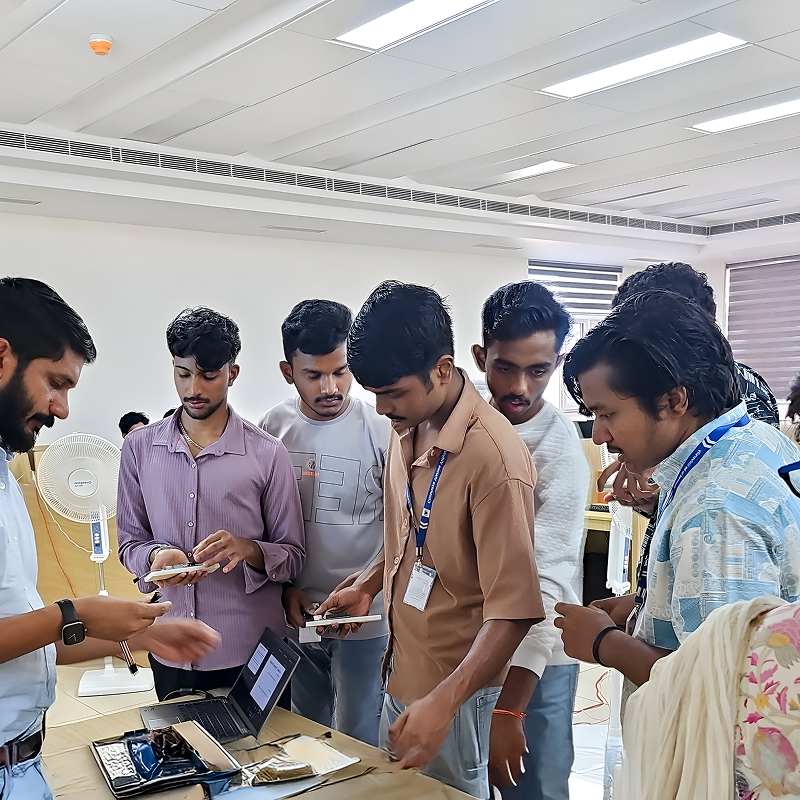
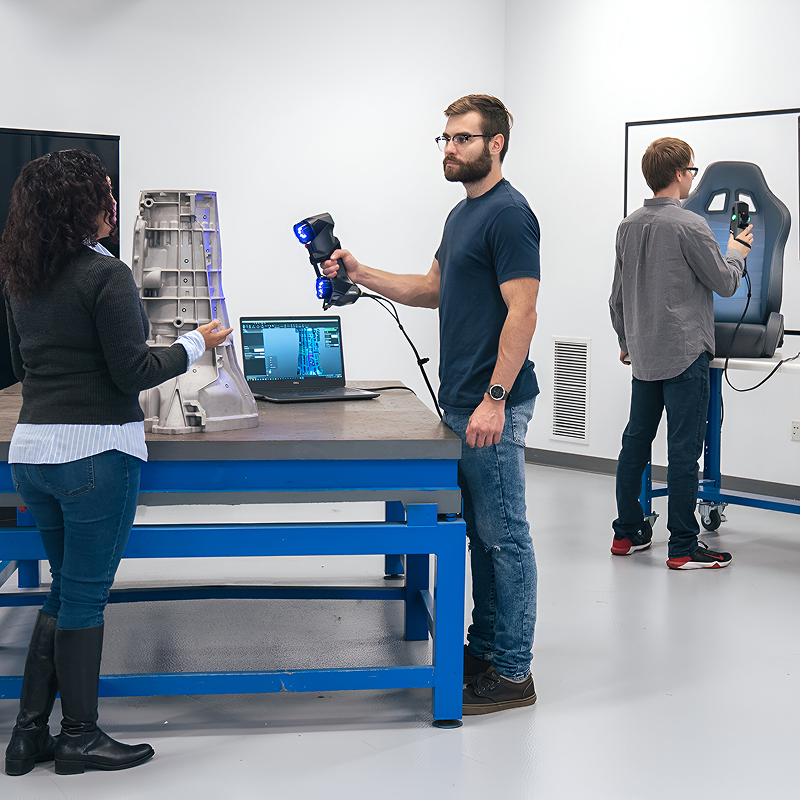


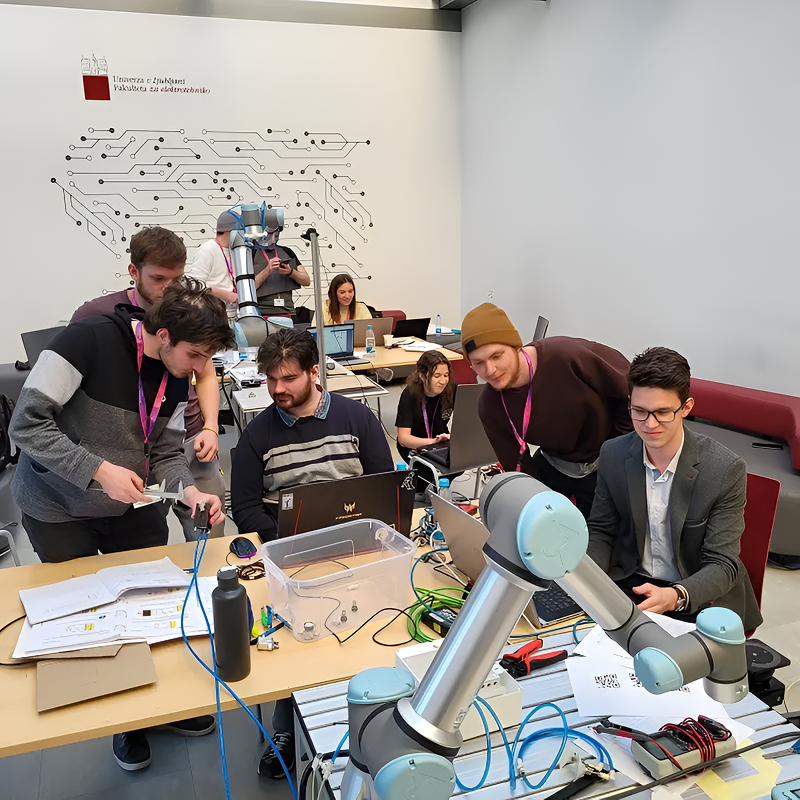
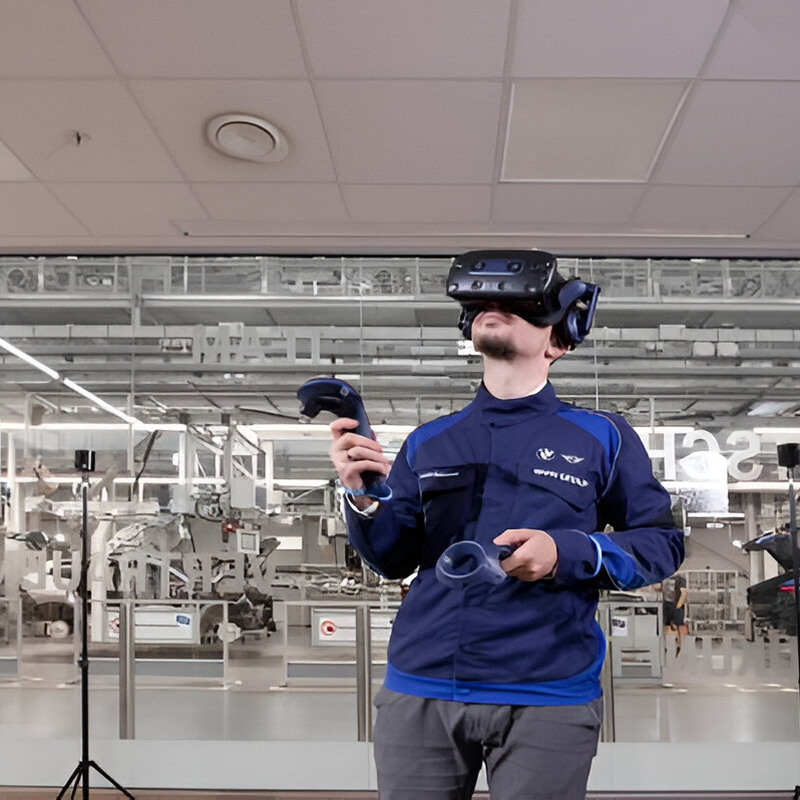

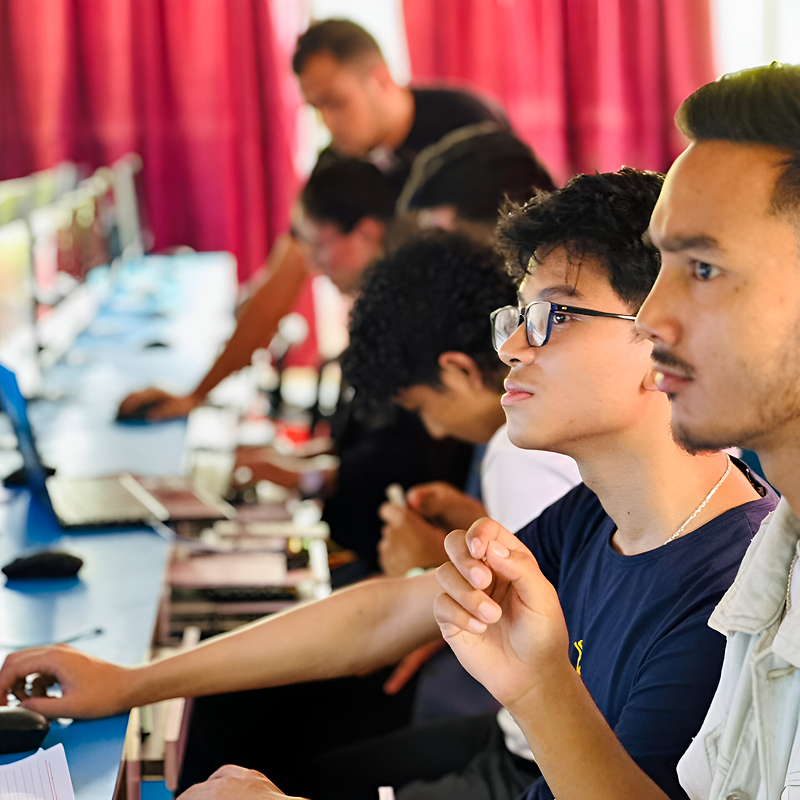
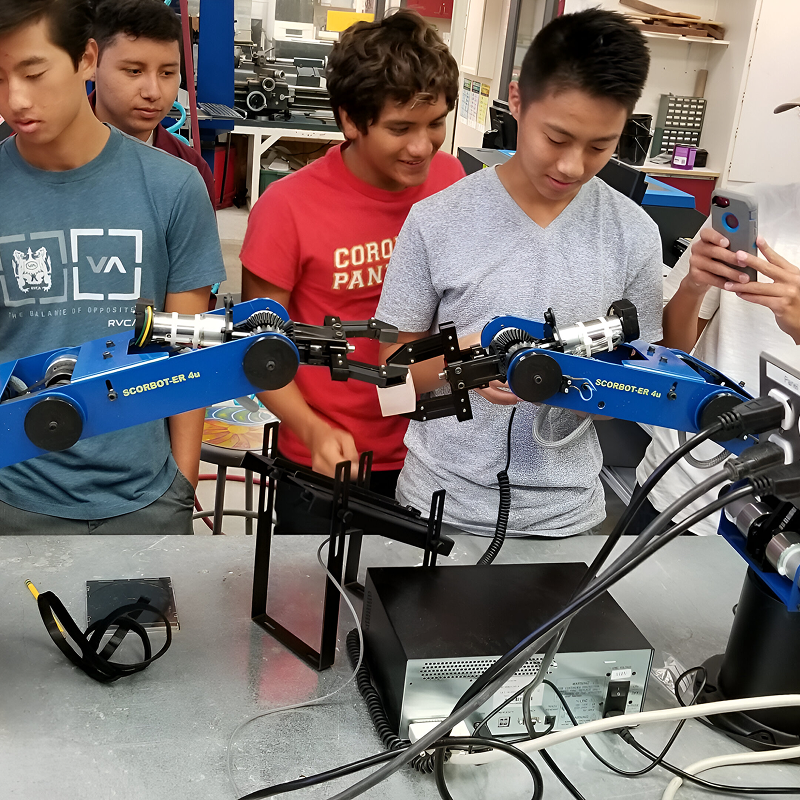
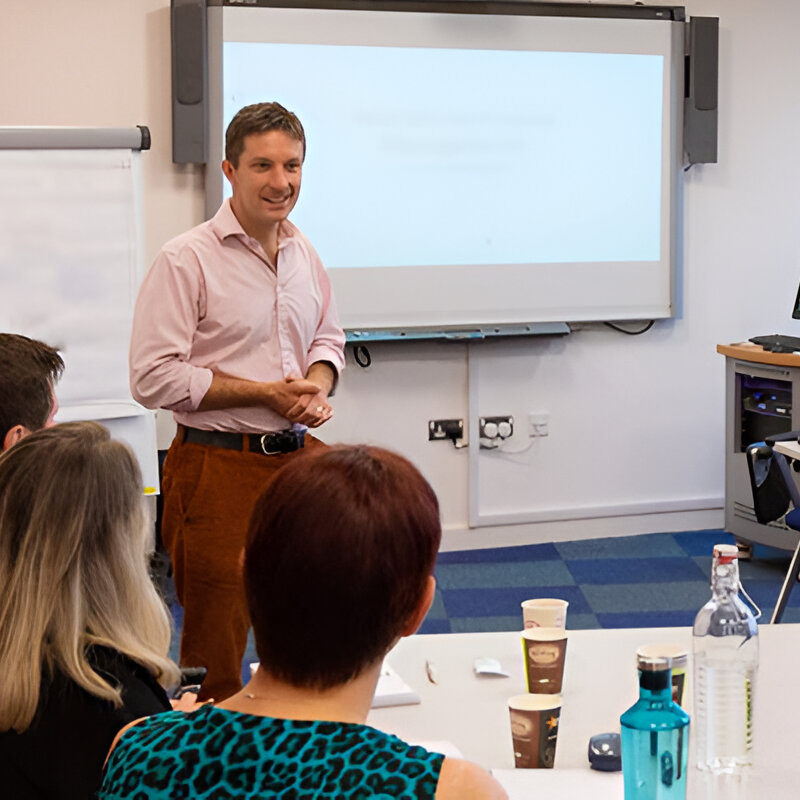


Get in touch with us for any inquiries or assistance!
Mullai Academia empowers
students with quality education
and a nurturing environment to
achieve academic excellence.